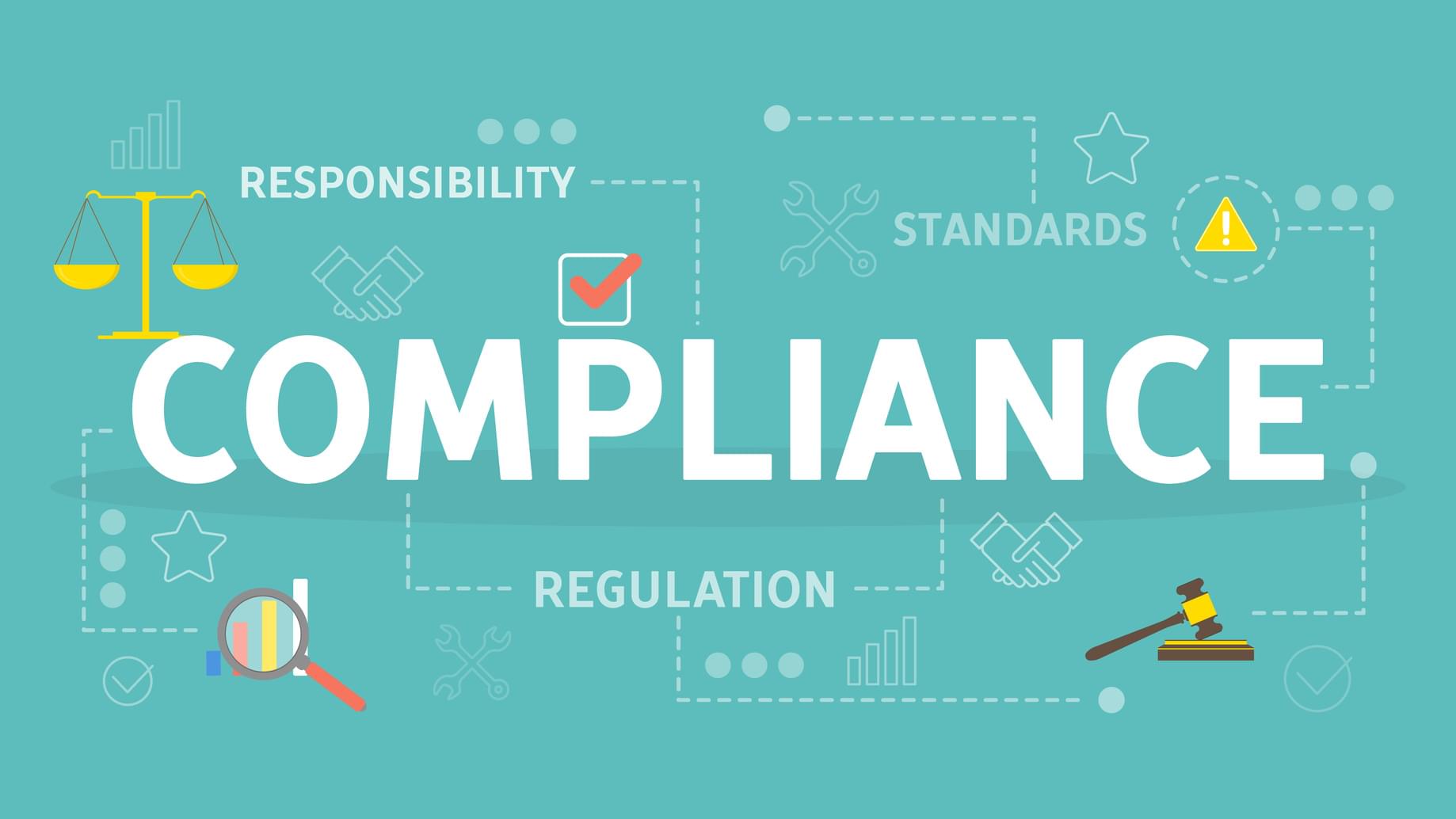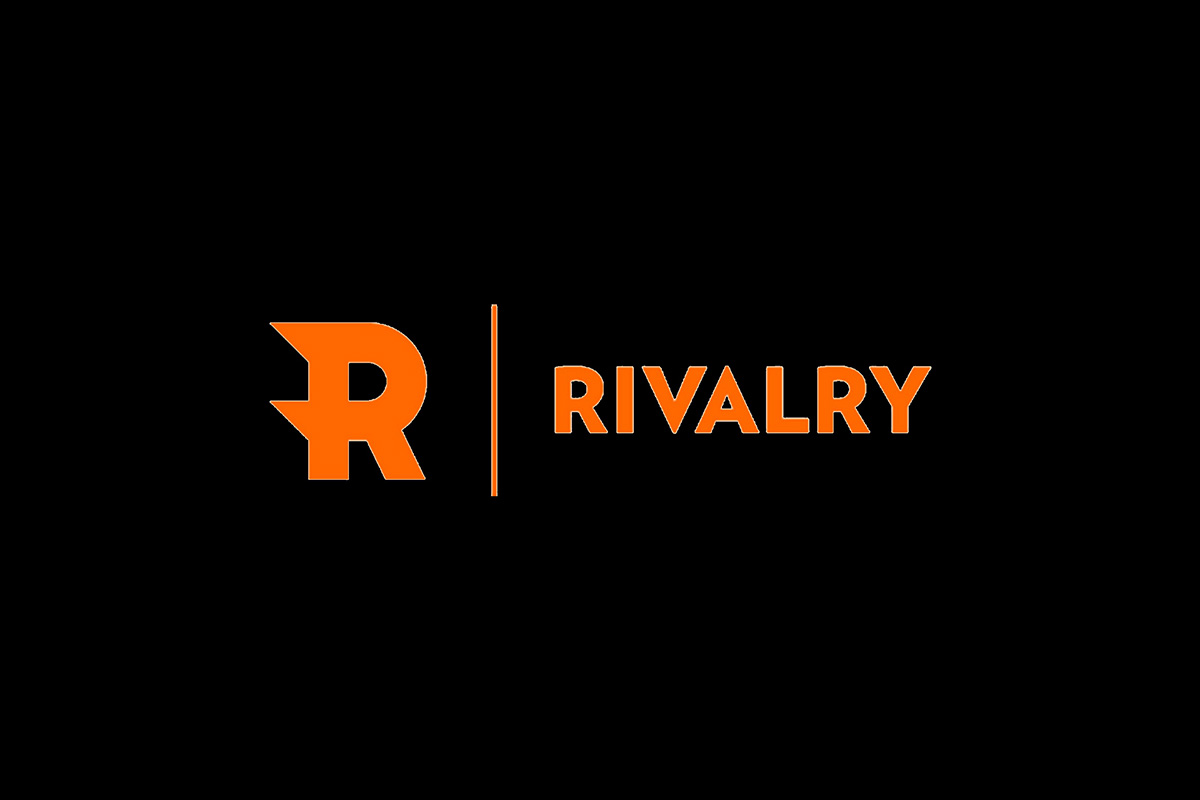Canada
The role of tech in compliance

The development of tech is an important part of compliance, and Compliable is at the forefront of recent advances and how it can aid regulators. Compliable’s CEO, Chris Oltyan, discusses upcoming enhancements to the Compliable platform from a tech perspective
The gambling industry is heavily reliant on tech in product development, is tech however being underutilised from a compliance point of view and what pitfalls can be avoided by tech?
Useful technology takes time and expertise to build, and we are really seeing the first wave of solutions hitting the market now. We needed experts to know how to deal with the new realities of compliance in a fast-moving multi-jurisdictional setting, and then tech entrepreneurs to deliver solutions with those experts. After all, you can’t use tech to solve problems unless you really understand the problems you are trying to solve. The problems best suited for technology to solve are things that humans must do over and over again, in a painfully repetitive process. In particular, if you look at the evolution of most tech tools, it starts with creating a manual process to manage a task, and usually ends with a complicated spreadsheet that someone will invariably forget to update. This then leads to outsourcing to a company that will use software to keep track of all the details. Filling out forms is a great example of a place where a repetitive but high value task can cause serious issues if it is done wrong. There are always exceptions, but if 90% of things are automated it frees up the workforce to deal with the difficult stuff.
Are regulators exploring tech advancements enough and is there more the industry can do to support regulators, especially with the fast evolution of online gambling regulation in the US?
The short answer is no, but that is unfair to the regulators. Regulators are often given incredibly tight timelines to go live with igaming and sports betting, and that doesn’t afford great options for exploring the incredibly vast world of technology. Add to that the fact that few industry specific technological solutions exist and it’s no surprise that a regulator moves forward with whatever they have on hand. The industry can absolutely help regulators solve these problems. Industry associations IAGA and IAGR helped to establish the Multi-Jurisdictional Personal History Disclosure Form (MJPHD) but developing additional standards could really help the adoption of practices that would allow technology to be used more broadly in the space. I’m not even talking about getting jurisdictions to agree on standard forms or naming as finding ways for states to adopt standards around digital fingerprints could dramatically improve efficiency for the entire industry. Also, I think the industry must be sensitive to the fact that regulators are often tied to their respective legislation. Finding ways for states to have both flexibility and security is hard with new technologies, but we should be working collectively as an industry to find ways and define standards that meet everyone’s needs.
Is there a danger of relying too much on tech as legislation and regulation further advances?
There have definitely been cases where an early technology seemed like a slam dunk but ended up causing problems because it got locked into the official regulatory framework. To avoid this, adopting industry wide standards for tech implementations allows healthy competition while still providing an optimized path forward. If every regulator adopts different technologies to enforce compliance, the burden to the industry to support and accommodate every one of those platforms becomes untenable.
Compliable started off offering a module to license customer support and engineering staff, with the offering now being expanded to include business entities, executives, and board members. Where have the challenges been in building your platform?
The hardest part of developing our platform was simply all the variance in what the regulators ask for. Getting a computer to fill out forms isn’t hard. The complicated part is getting something that can recognize the hundreds of questions regulators ask, figure out the commonalities, capture that data elegantly, and intelligently use it to fill in forms so we can collect data once and then allow that to be used across a wide set of jurisdictions. Now that we have that in place it’s just rolling out new features every couple of days. There is such a clear direction we have from our customers that our roadmap pretty much plans itself, and we just try to keep up with the demand.
What else can we expect from Compliable going forward?
Licensing compliance doesn’t stop with filling out a form and our goal is to make the entire process as easy as possible for our customers. There are so many things that a company needs to track on compliance that can dramatically impact their business so licences shouldn’t be the thing that takes up all their time. From onboarding new employees and directors, to applying for new jurisdictions, to tracking renewals, to submitting electronically to a regulator so you don’t have to print out a small forest worth of applications, we believe we can provide automation across the entire chain. Also, expect us to continue to have new jurisdictions supported on the platform within days of the forms being published, because the industry doesn’t seem to be slowing down its expansion across the US anytime soon.
Powered by WPeMatico
Canada
Rivalry Corp. Announces Significant Reduction in Operations and Evaluation of Strategic Alternatives

Rivalry Corp. announced that its Board of Directors has approved a significant reduction in operating activity as the Company evaluates strategic alternatives in respect of its assets and operations.
The Company is engaged in discussions with third parties regarding potential transactions. However, in light of recent performance volatility, the Board has determined to materially reduce the scale of operations while assessing whether a strategic transaction or other alternative can be advanced.
Effective immediately, the Company is implementing substantial cost reductions, including a significant workforce reduction and reduced operating expenditures. The Company has paused player activity on its platform and is facilitating player withdrawals in the ordinary course.
The Company is assessing a range of potential alternatives, which may include asset-level transactions, corporate transactions, restructuring initiatives or other strategic outcomes.
Given the Company’s reduced operating scale and the ongoing evaluation process, there can be no assurance that any strategic alternative will be completed or that operations will continue in their current form.
The post Rivalry Corp. Announces Significant Reduction in Operations and Evaluation of Strategic Alternatives appeared first on Americas iGaming & Sports Betting News.
Alex Malchenko
Evoplay Strengthens Canadian Presence with BetMGM Partnership

Evoplay is celebrating another milestone in its regulated-market journey with a new launch in Ontario, teaming up with BetMGM to bring its games to one of Canada’s most dynamic and competitive jurisdictions.
The rollout introduces 18 Evoplay titles to BetMGM Casino in Ontario, carefully selected to deliver long-term engagement and appeal to a wide range of player preferences. The first wave includes proven performers such as:
• Hot Triple Sevens
• Hot Volcano
• Gold of Sirens Bonus Buy
• Inner Fire Bonus Buy.
These are games that have already demonstrated strong results across multiple regulated markets.
This launch marks another confident step in Evoplay’s Canadian expansion, reinforcing the company’s commitment to aligning its content with local market requirements, player expectations, and regulatory standards.
Alex Malchenko, Head of Sales at Evoplay, said: Ontario continues to set a high standard for regulated online casinos, making it a market where the right partnerships truly matter. Collaborating with BetMGM allows us to expand our reach with a portfolio that has already performed strongly across multiple areas and territories.
Oliver Bartlett, VP of Gaming at BetMGM, said: “Partnering with Evoplay adds a strong selection of proven, high-performing titles to our growing portfolio in Ontario.”
The post Evoplay Strengthens Canadian Presence with BetMGM Partnership appeared first on Americas iGaming & Sports Betting News.
Bet Rite
Spintec Expands into Canada with Bet Rite

Spintec is expanding its footprint in North America by partnering with Bet Rite in the Canadian gambling sector. As a prominent developer of electronic table games, Spintec invested significant effort into locating a partner who comprehends the distinctiveness of the Canadian casino industry. Bet Rite is taking on the position of Spintec’s distributor in Canada, leveraging its established reputation and substantial industry knowledge. This collaboration combines global innovation with local expertise in a partnership that is helping Spintec advance its expansion objectives in North America.
Bet Rite’s establishment is rooted in years of industry expertise. The firm focuses on providing top-notch gaming solutions designed specifically for Canadian operators. They aim to provide a sole vendor connection that grants access to numerous top-tier product lines, establishing them as a reliable partner nationwide.
For Spintec, collaborating with a company that prioritizes service, product excellence, and enduring relationships is vital, and Bet Rite is dedicated to prioritizing customer needs. With a solid sales network and a reputation for dependability, their market stance is highly strong.
Through this collaboration, Spintec is guaranteeing that their creative products receive backing from an attentive, community-focused service. The initial product line to be launched in the Canadian market will be Spintec’s premier Charisma line. Charisma’s design, flexibility, innovation, and wide range of product customizations will undoubtedly make it a top seller in Canada as well.
Billy Maclellan, Bet Rite President, says: “Our company has grown by offering best-in-class suppliers the local support that they need. Spintec fits the mold perfectly and together we are well placed to make this partnership a glowing success”
Goran Sovilj, Spintec’s Chief Commercial Officer, agrees: “Bet Rite’s deep understanding of the Canadian market makes this alliance very promising. We are always excited to introduce innovative and exciting products to new markets, especially when our distributors are as experienced and knowledgeable as Bet Rite.”
The post Spintec Expands into Canada with Bet Rite appeared first on Eastern European Gaming | Global iGaming & Tech Intelligence Hub.
-

 Amusnet6 days ago
Amusnet6 days agoWeek 7/2026 slot games releases
-

 Aphrodite’s Kiss6 days ago
Aphrodite’s Kiss6 days agoLove on the Reels: Slotland Introduces “Aphrodite’s Kiss”
-

 Denmark7 days ago
Denmark7 days agoRoyalCasino Partners with ScatterKings for Company’s Danish Launch
-

 Brino Games6 days ago
Brino Games6 days agoQTech Games integrates more creative content from Brino Games
-

 Baltics7 days ago
Baltics7 days agoEstonia to Reinstate 5.5% Online Gambling Tax From March 1
-

 Booming Games7 days ago
Booming Games7 days agoTreasure Hunt Revival — Booming Games Launches Gold Gold Gold Hold and Win
-

 ELA Games7 days ago
ELA Games7 days agoELA Games Unveils Tea Party of Fortune — A Magical Multiplier Experience
-

 Bet Rite7 days ago
Bet Rite7 days agoSpintec Expands into Canada with Bet Rite



















